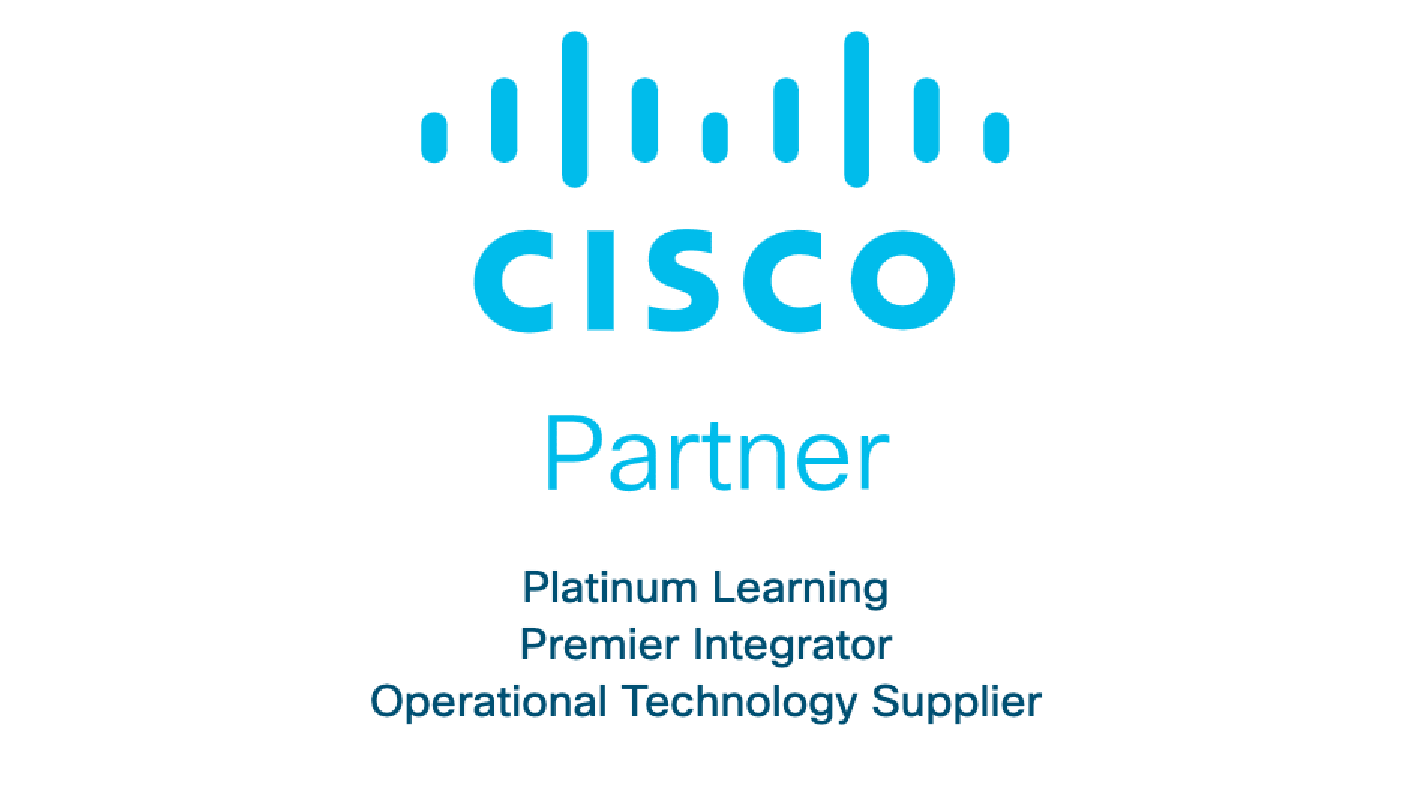AI-NE - AI for Network Engineers v1.0
Course Description
The AI-NE – AI for Network Engineers course introduces network engineers to the fundamentals of Artificial Intelligence and its practical applications in networking. Participants will explore core AI/ML concepts, prompt engineering techniques, AI-driven network automation, and infrastructure design for AI workloads, while also addressing real-world integration challenges. Hands-on labs provide practical experience applying AI to monitoring, configuration, troubleshooting, and compliance in modern network environments.
This course also earns you 24 Continuing Education (CE) credits towards recertification.
$2900
Length: 3 day
CLCs: 29
Format: Lecture and Lab
Delivery Method: Virtual / Onsite
Max. Capacity: 16

Course Outline
Section 1: AI Foundations
Module 1: Introduction to AI and Machine Learning
- History and Significance of AI
- Machine Learning vs Deep Learning
- Essential AI Terminology and Concepts
- Relevance to Network Engineering
Module 2: Fundamental AI Concepts
- Supervised Learning
- Unsupervised Learning
- Reinforcement Learning
Section 2: Prompt Engineering for Network Professionals
Module 3: Prompt Engineering Essentials
- Fundamentals of Prompt Engineering
- Crafting Effective Prompts
- Common Pitfalls and Best Practices
Module 4: Lab – Practical Prompt Engineering
- Creating and Refining Prompts
- Network Troubleshooting and Documentation
Section 3: AI-driven Network Automation
Module 5: AI for Network Monitoring and Remediation
- Automated Detection and Remediation
- Predictive Analytics in Network Management
Module 6: AI-enhanced Provisioning and Configuration
- Network Provisioning Automation
- AI-driven Configuration Management
Module 7: Lab – Implementing AI Network Automation
- AI Automation Scripts
Section 4: Network Infrastructure for AI Deployments
Module 8: Designing Networks for AI Workloads
- Infrastructure Requirements for AI
- Dragonfly and Optimized Rails Topologies
Module 9: High-Performance Networking Components
- GPU Networking: InfiniBand vs Ethernet
- Accelerators and Network Performance
Module 10: Traffic Optimization for AI Networks
- AI Workload Traffic Patterns
- Congestion Management and Optimization
Module 11: Scalability and Reliability in AI Networks
- Scalability Techniques
- High Availability and Load Balancing
- Wrap-Up and Advanced Topics
Module 12: Real-World AI Integration Challenges
- Practical Considerations
- Integration Challenges and Strategies
Activity 1
- Introduction to LLMs – Understanding what they are
- Tokens & Context – Playing with text length
- Prompt Basics – Asking questions the right way
- Prompt Refinement – Iterating for better answers
- LLMs for Troubleshooting – Using AI for BGP/OSPF issues
- LLMs for Config Generation – Automating CLI templates
- LLMs for Documentation – Summarizing configs & incidents
- LLMs for Training – Explaining RFCs in simple terms
- Open-Source LLMs – Running a small model locally
- Practical Integration – Using LLMs in NetOps automation
Activity 2 – Labs
Lab 0: Prompt Patterns for NetOps (warm-up)
Lab 1: Intent → Cisco IOS-XE Config (structured)
Lab 2: Vendor Translation: Cisco ⇄ Junos
Lab 3: Syslog Triage & Regex Extraction
Lab 4: Troubleshooting Decision Trees (BGP/OSPF)
Lab 5: Ansible + Jinja2 From Inventory
Lab 6: Network API Requests (Meraki or DNAC)
Lab 7: Compliance Audit (Baseline vs Running Config)
Lab 8: Change Plan & Peer Review Pack
Lab 9: Incident Timeline → Postmortem
